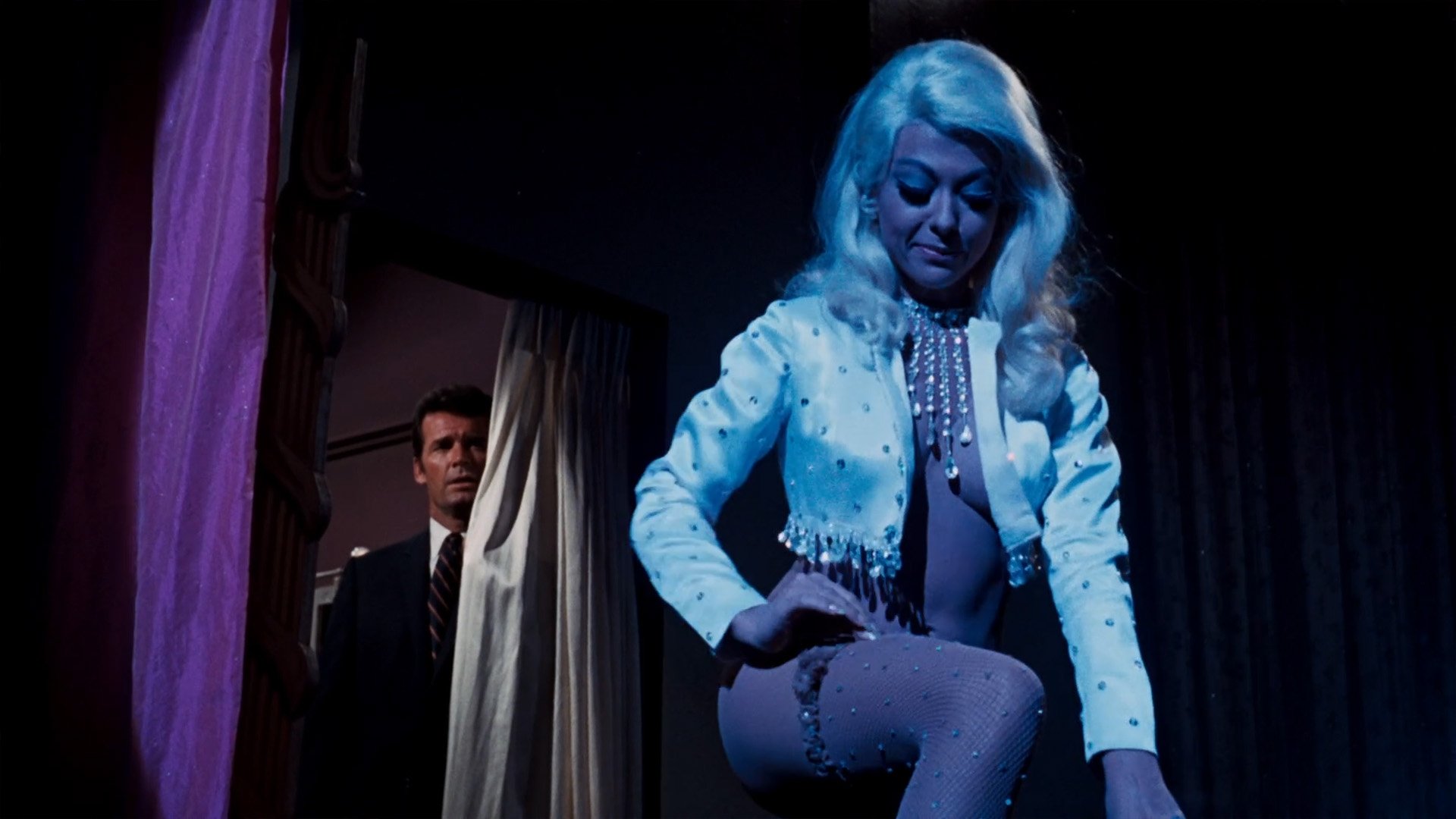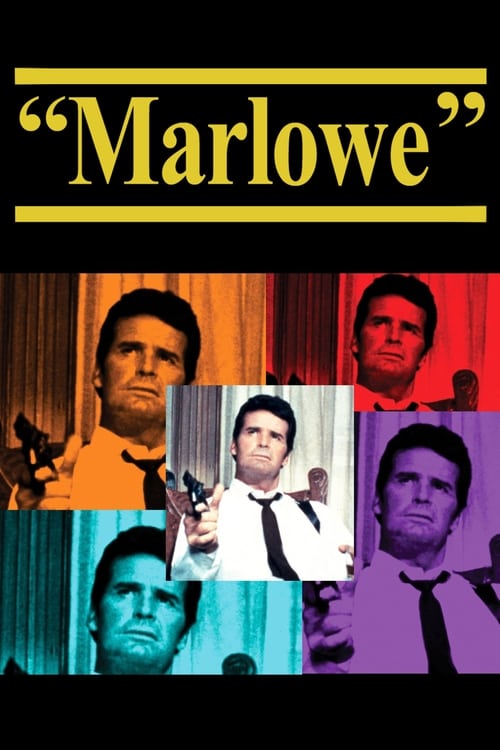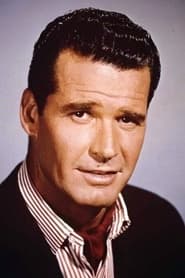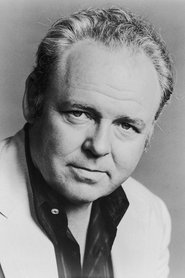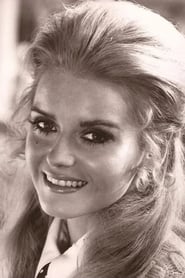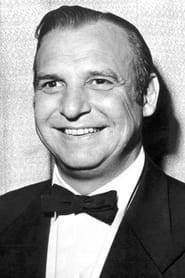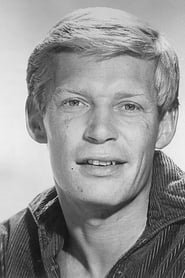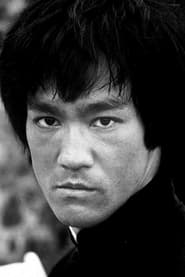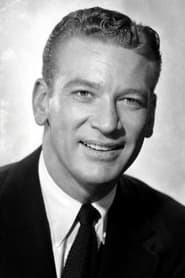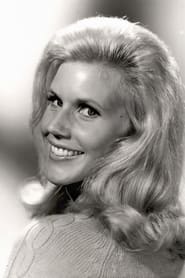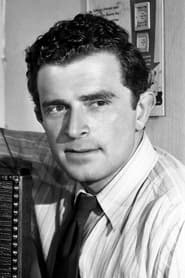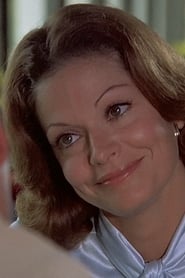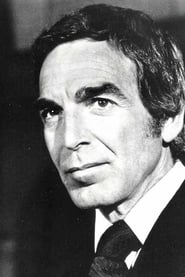Cast
View AllJames Garner
as Philip Marlowe
Gayle Hunnicutt
as Mavis Wald
Carroll O'Connor
as Lt. Christy French
Rita Moreno
as Dolores Gonzáles
Sharon Farrell
as Orfamay Quest
William Daniels
as Mr. Cromwell
H.M. Wynant
as Sonny Steelgrave
Jackie Coogan
as Grant W. Hicks
Christopher Cary
as Chuck
Bruce Lee
as Winslow Wong
Kenneth Tobey
as Fred Beifus
Mary Charlotte Wilcox
as YMCA Clerk
George Tyne
as Oliver Hady
Corinne Camacho
as Julie
Paul Stevens
as Dr. Vincent Lagardie
Crew
Director
- Paul Bogart
Producer
- Gabriel Katzka
- Sidney Beckerman
Reviews
John Chard
I'm a trained detective!
Marlowe is directed by Paul Bogart and adapted to screenplay by Stirling Silliphant from the novel The Little Sister written by Raymond Chandler. It stars James Garner, Gayle Hunnicut, Carroll O'Connor and Rita Moreno. Music is by Peter Matz and cinematography by William H. Daniels.
Los Angeles private detective Philip Marlow (Garner) is working on what he thinks is a simple missing persons case, how wrong he is!
Q as in Quintessential - U as in Uninhibited - E as in Extrasensory - S as in Subliminal - T as in Toots!
Another of the interpretations for the great Chandler creation of Philip Marlowe, unsurprisingly met with mixed notices - just as all the others have done. You do wonder what Chandler would have made of the role portrayals that came out post his death? I like to think he very much would have enjoyed Garner's take, because this Marlowe is a quip happy wise guy, unflappable and cool, he portrays so much with just a glance, and the girls love him.
The story is juicy in its little complexities, spinning Marlowe into muddy waters the further he investigates things. His life is always under threat, be it by serial ice-pick users or Asian martial artists (Bruce Lee no less in a nutty couple of scenes) wishing to inflict death, or of arrest by an increasingly frustrated police force. Bogart and Daniels keep the whole thing stylish looking, with film noir camera tricks and colour photography infusing the period details. While the supporting cast, notably the ladies, give Garner some splendid support.
It's a different Marlowe for sure, but a thoroughly engaging and entertaining one. 7/10
Aug 20, 2015
Thematic Analysis
As a dramatic work, Marlowe examines complex human relationships and emotional struggles against the backdrop of a period setting that reflects societal issues of its time. The character development particularly stands out, offering viewers a chance to reflect on their own life journeys.
Director Paul Bogart brings their distinctive visual style to this film, continuing their exploration of themes seen in their previous works while adding new elements. Their approach to character development and emotional depth creates a viewing experience that rewards close attention.
Released in 1969, the film exists within a cultural context that now offers viewers historical perspective on the social issues of that era. Its reception demonstrates the diverse reactions to its artistic choices and its place in cinema history.
Did You Know?
- The production of Marlowe took approximately 7 months from pre-production to final cut.
- The final cut of the film runs for 95 minutes, though the director's initial assembly was reportedly 122 minutes long.
- The costume department created over 329 unique costume pieces for the production.
- Several scenes were filmed in multiple locations to capture the perfect setting.
- The musical score contains over 80 unique compositions.
Historical Context
- In 1969, when this film was released:
- The Vietnam War was becoming increasingly controversial.
- Social and cultural revolution was transforming Western societies.
- The film industry was dominated by major studios, with independent cinema still in its early development.
How This Film Stands Out
While Marlowe shares thematic elements with other films in its genre, it distinguishes itself through its unique approach to storytelling, visual style, and character development.
Unlike Dancer in the Dark, which focuses more on action than character development, Marlowe offers a fresh perspective through its innovative visual language and narrative structure.
While films like The Big Black Sow and The Riddle: Woman explore similar territory, Marlowe stands apart through its deeper exploration of its central themes and more complex characterization.
This film's unique contribution to cinema lies in its bold artistic choices and willingness to challenge viewer expectations, making it a valuable addition to its genre.
Details
- Release Date: September 19, 1969
- Runtime: 1h 35m

